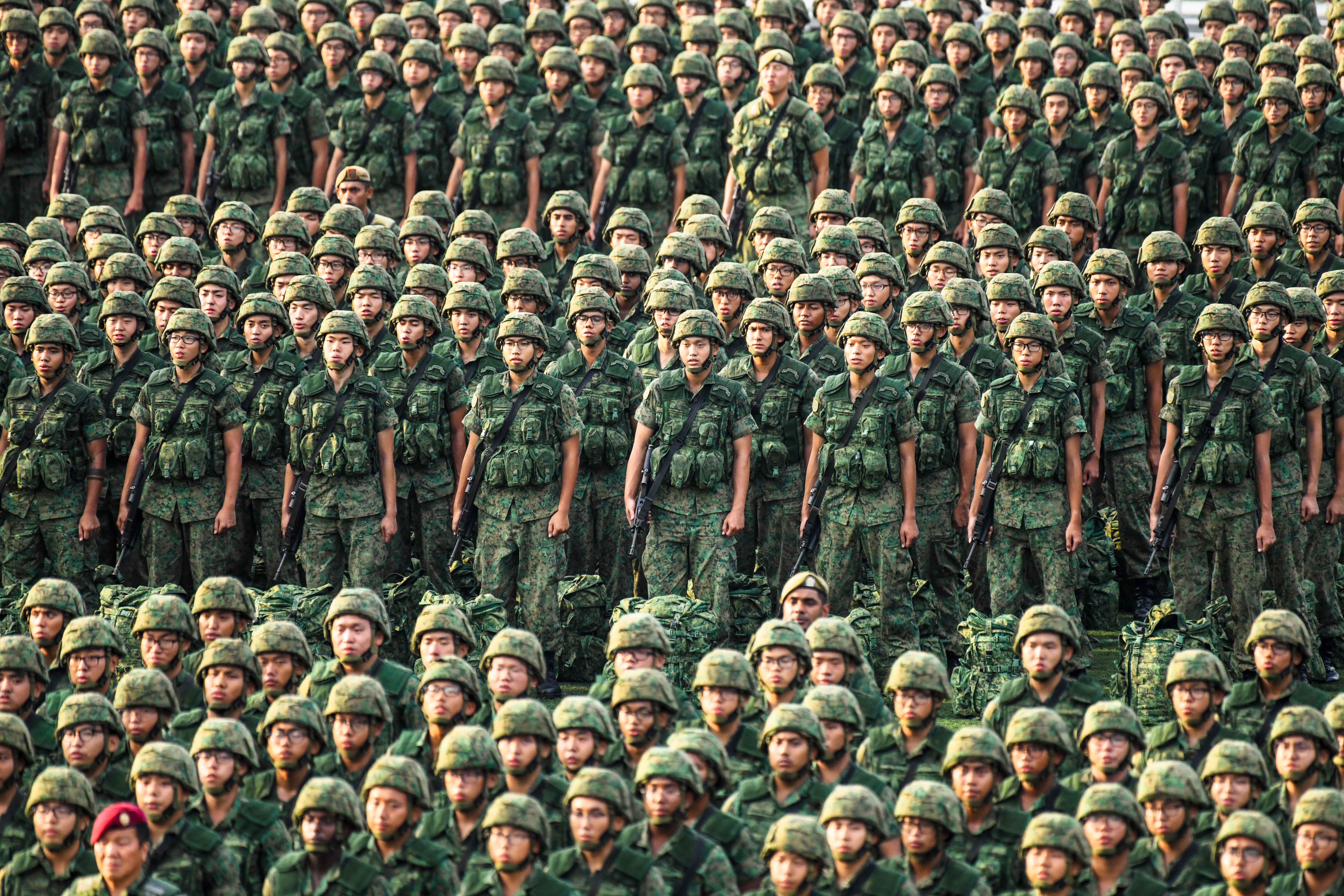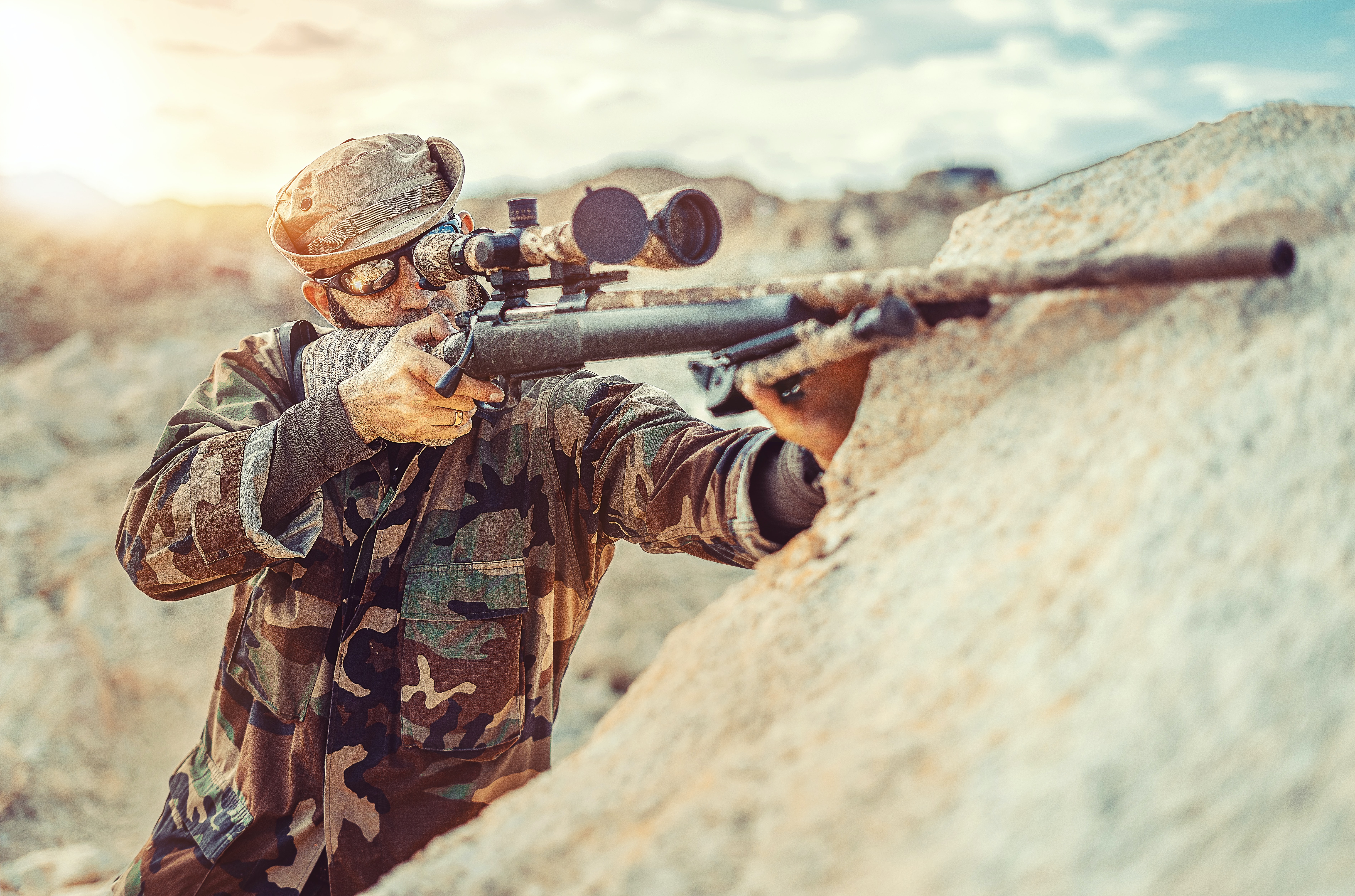The climate crisis affects every aspect of our lives, including the security and military sectors. This connection has recently begun to receive increasing attention in the reference of armies in the world, of governments, in academia and international think tanks and research bodies. These bodies began to prepare and publish reports and studies that have in common the understanding that climate change has significant security implications
In an opinion piece he published Recently, the Secretary General of NATO, Jens Stoltenberg, explained that the largest security organization in the world, which he heads, understands the dangers and challenges that the climate crisis poses to global security. According to Stoltenberg, NATO intends to prepare for the consequences of climate change on the organization in terms of planning, assessments, activities, training and development. "How will a soldier in full combat gear perform in conditions of 50 degrees heat in the Iraqi desert?" The Secretary General wondered in his article, "And how will he do this successfully in battle?"
The climate crisis affects every aspect of our lives, including the security and military sectors. This connection has recently begun to receive increasing attention in the reference of armies in the world, of governments, in academia andin international think tanks and research. These bodies began to prepare and publish reports and studies that have in common the understanding that climate change has significant security implications. The subject also came to me in Israel, partly at work The Institute for National Security Studies at Tel Aviv University.
So how does climate change affect security? First, it has geo-strategic implications and effects on the arena of physical combat, on the development of new security threats, on the preparation at the level of the military physical infrastructures. It also has effects on the means of warfare and weapons carrying platforms, on the health of the soldiers and their ability to function, on involvement and willingness to help in emergencies in the domestic and international arena. In addition, the security forces can also have a role in the joint global effort to reduce greenhouse gas emissions that are accelerating the climate crisis.

The pole, the desert and the Middle Eastern neighborhood
Today it is clear that the climate crisis is changing the physical map of the world: the sea ice in the North Pole is disappearing in the summer season, desertification processes are intensifying, lakes, rivers and streams are drying up and the sea level is rising. All these influence several important global arenas From a military and political point of view.
The North Pole, for example, has long since become a new arena of conflict and competition between superpowers, following Opening of new international shipping routes and increasing access to its natural resources, as a result of the melting of the sea ice in its territory. These changes oblige the armies of the great powers to prepare for a new reality, among other things, in terms of naval movement capability, deployment of bases and development of capabilities to function in extremely cold areas.
The Middle East, which should interest us more, is also experiencing substantial changes due to an increase in temperatures, shapes and sea level rise. These factors increase regional instability, strengthen terrorist organizations and challenge the governments of the region. Thus, for example, one of the factors that led to the outbreak of the civil war in Syria were Four years in consecutive forms, as a result of climate change.
The Sahel in Africa is another region experiencing dramatic changes due to the climate crisis and desertification processes. These increase terrorism, crime and immigration on a large scale. In the eyes of the majority of the Israeli public, the Sahel region is considered an unknown country located in a remote corner of our mental map, but the truth is that Israel and the Sahel are separated by only one country, Egypt. We are almost neighbors of this region and are already experiencing some of its side effects, such as migration due to climatic changes and their effects. Because of this, and mainly Because of the rapid changes it undergoes, this area should interest us, and worry us much more.
Climate migration, by the way, is a phenomenon that is estimated to get much worse in the coming decades and may reach its state Hundreds of millions of climate refugees They will look for a new place to settle down. This situation may also lead to the strengthening of "traditional" terrorist organizations and hybrid terrorist organizations, which deal not only with terrorism but also with crime and smuggling. It is understood that an increase in terrorism could cause the internal order in the countries of the region to be undermined. Israel is a developed country and is an attractive destination for climate migrants and it is assumed that the pressures of immigration to it will increase greatly in the future, including by sea, as is the case with migration between Africa and the Middle East and Europe.

Adapting infrastructure to the new reality
The climate crisis is also expected to have negative consequences on the physical infrastructure of armies. The rise of the sea level requires the adjustment of infrastructures such as ports, ways of access to them, protection of bases located on the coastline and more. The Finnish army, for example, Determine a safety factor for building military infrastructure of at least three meters above sea level, this is to avoid risks arising from sea level rise. The increase in temperatures requires the adaptation of bases with tools of shading and planting trees to minimize the heat and the use of renewable energies to meet the growing needs in the field of air conditioning. The culture extreme events such as floods, floods, fires, storms, dust storms and more It is necessary to adapt the infrastructure to the new reality.
Extreme meteorological events also have an effect, naturally, on all maneuvering and movement capabilities on land, in the air and at sea, and alongside all this new questions also arise regarding the functioning of combat systems in extreme heat conditions, dust and more. These issues must be answered successfully already in the defense research and development stages.
to the reality created by the climate crisis There are far-reaching consequences for the individual soldier and his ability to function. Thus, for example, the question arises of how to combat heat conditions of 50 degrees Celsius, as is already happening recently in Iraq and Syria. These are consequences that are expected to intensify greatly in the future, in areas of hot and cold military activity. They raise many questions such as what will be the effect on the soldier's health, on his ability to complete a task and stick to it, on his mental well-being, on his morale, and more.
Armies for society
It is understood that the new situation is also expected to affect the defense industries worldwide. On the one hand, there is a need to adapt to new weather conditions, to the ability to withstand and function of weapons and combat platforms in extreme events. On the other hand, it is assumed that the demand for the use of systems with a low emission level of greenhouse gases will increase. These needs and requirements will affect the military industries as we know them today and will require many changes already from the development and research stage.
Armies around the world are already required to provide increasing assistance to civilian populations and state authorities in extreme crisis events, whether as a result of disasters such as earthquakes, tsunamis, or stormy weather events and floods and epidemics. The involvement of the IDF in handling the corona crisis in Israel is an excellent example of this, which was also reflected in other places in the world. This demand from the world's armies is expected to prevail, yes The number of extreme events and disasters related to weather (such as floods, inundations and heat waves) is on the rise.
As mentioned, the pressure on armies, especially in Western countries, to reduce emissions is also expected to increase with the decisions of countries and large economies to move to a zero-emissions economy. This pressure will probably change the electricity consumption patterns in the bases, will oblige Energy efficiency and the transition of vehicle fleets to propulsion on electric engines, hydrogen or any other fuel that does not emit greenhouse gases.
In Israel, a country that has always been characterized by security struggles and that the security issue is at the heart of its soul, it is particularly important to develop awareness of the issue. The defense system should be familiar with the research that is currently being done in the world in this field, and examine how the climate crisis affects and will affect our security. All of this needs to happen now, before it's too late.
Ambassador Gideon Bacher is the special envoy for climate change and sustainability at the Ministry of Foreign Affairs.
the post How do you fight 50 degree heat? appeared first onangle
More of the topic in Hayadan:
